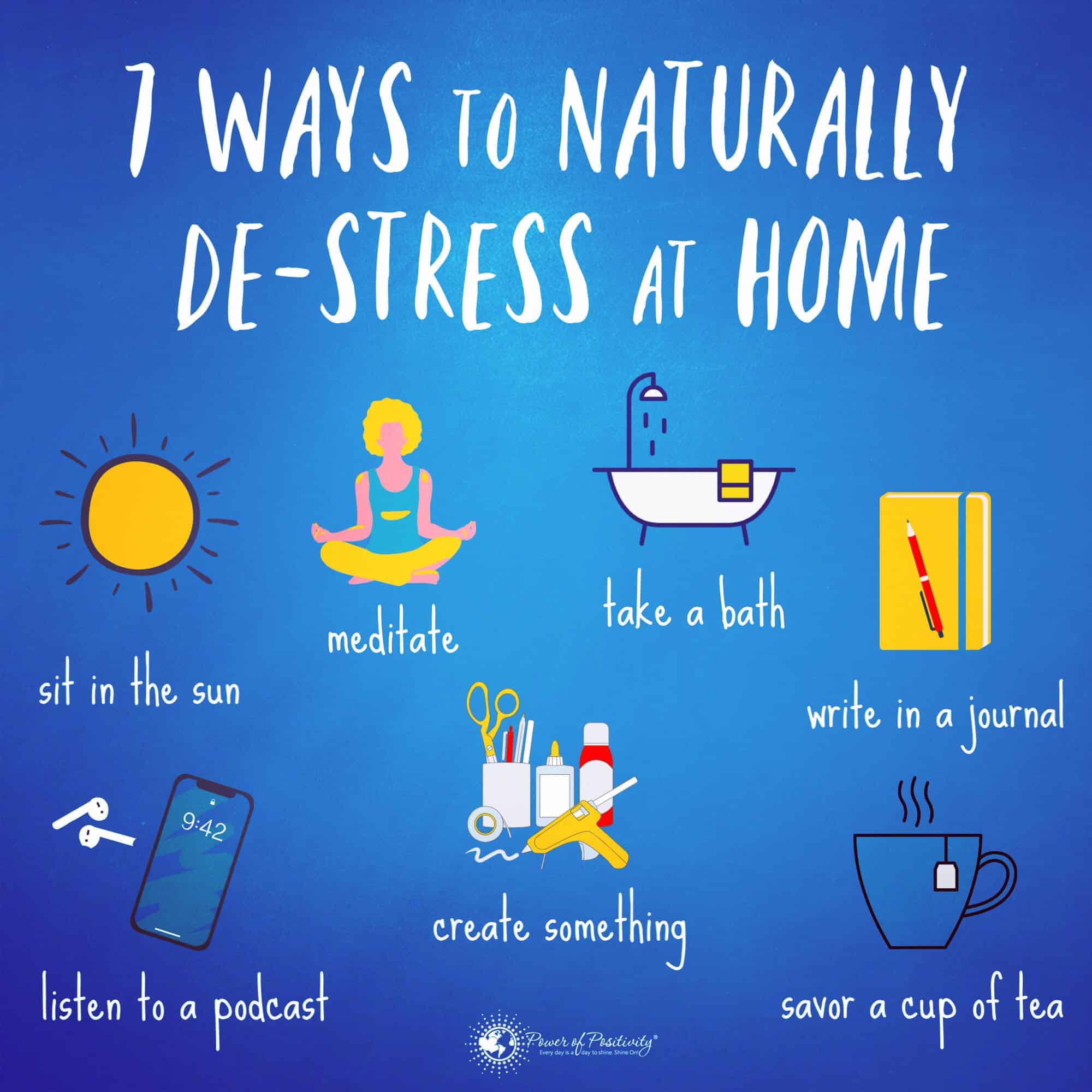If you like to eat chocolate (who doesn’t, really), you will love to know that it can actually improve brain function.
A study published in the journal Scientific Reports found that healthy adults had improved cognitive performance after consuming cocoa flavanols. 14 out of 18 participants saw improvements in performance on complex tests and recovery time from a mild vascular challenge.
Studies in the past have shown that eating foods high in flavanols can improve vascular function. However, no studies before this one have shown a boost in the brain’s vascular function and cognitive performance in young healthy adults. Researcher and lecturer Catarina Rendeiro in nutritional sciences at the University of Birmingham led the study. The University of Illinois at Urbana-Champaign psychology professors Monica Fabiani and Gabriele Gratton also collaborated on the study.
“Flavanols are small molecules found in many fruits and vegetables, and cocoa, too,” Rendeiro said. “They give fruits and vegetables their bright colors, and they are known to benefit vascular function. We wanted to know whether flavanols also benefit the brain vasculature and whether that could have a positive impact on cognitive function.”
The study on how you boost brain health when you eat chocolate
 The team recruited adult nonsmokers with no known respiratory, brain, heart, or vascular diseases to test their theory. The researchers explained that any positive effects observed in young, healthy adults would provide the most compelling evidence.
The team recruited adult nonsmokers with no known respiratory, brain, heart, or vascular diseases to test their theory. The researchers explained that any positive effects observed in young, healthy adults would provide the most compelling evidence.
The researchers tested the 18 participants before they consumed the cocoa flavanols and two separate trials. For the first trial, the subjects received flavanol-rich cocoa, and in the second, participants received processed cocoa with low flavanol levels. As this was a double-blind study, neither the participants nor researchers knew what type of cocoa the people consumed. This keeps any expectations from either party from tampering with the results.
Around two hours after they had consumed the cocoa, the participants breathed in the air with 5% carbon dioxide. This is around 100 times more concentrated than the air we normally breathe. Gratton says this is a standard procedure for challenging the brain’s vascular function to see how it reacts. He says that normally, the body increases blood flow to the brain to compensate for less oxygen in the air.
What the researchers said about the study
“This brings in more oxygen and also allows the brain to eliminate more carbon dioxide,” he said.
They then used functional near-infrared spectroscopy, a technique that uses light to record changes in the brain’s blood flow. By doing this, the team could measure oxygenation in the frontal cortex, where planning, decision-making, and behavior regulation take place.
“This allows you to measure how well the brain defends itself from the excess carbon dioxide,” Fabiani said.
The researchers also gave participants complex tasks that required them to handle often competing or contradictory demands. The researchers found that many participants showed stronger, quicker brain oxygenation after consuming cocoa flavanols. This is in comparison to their response at baseline or after consuming cocoa without flavanols.
“The levels of maximal oxygenation were more than three times higher in the high-flavanol cocoa versus the low-flavanol cocoa, and the oxygenation response was about one minute faster,” Rendeiro said.
The study determined favorable outcomes–great reasons to eat chocolate!
They found that the participants also performed better on challenging cognitive tests after ingesting the cocoa flavanols. They accurately solved problems 11% faster than they did at baseline or when they ingested cocoa with fewer flavanols. On easier tasks, the team didn’t observe any noticeable difference, however.
“This suggests that flavanols might only be beneficial during cognitive tasks that are more challenging,” Rendeiro said.
Most participants showed a boost in brain function from eating chocolate, but some didn’t show any change.
“Although most people benefited from flavanol intake, there was a small group that did not,” Rendeiro said. Four of the 18 study subjects showed no difference in brain oxygenation or test performance after consuming the cocoa flavanols. Researchers believe these participants had a higher fitness level and wouldn’t show any noticeable difference in brain oxygenation.
“Because these four participants already had the highest oxygenation responses at baseline, this may indicate that those who are already quite fit have little room for improvement,” Rendeiro said. “Overall, the findings suggest that the improvements in vascular activity after exposure to flavanols are connected to the improvement in cognitive function.”
Enjoy these three other benefits when you eat chocolate
Aside from the benefits of cocoa flavanols on brain health, here are some other positive health effects you can enjoy when you eat chocolate:
1 – Dark chocolate contains a lot of nutrients.
In fact, a 100-gram bar with 70-85% cacao contains this nutrition:
- 67% of the RDA for Iron.
- 11 grams of fiber
- 58% of the RDA for Magnesium.
- 89% of the RDA for Copper.
- 98% of the RDA for Manganese.
- It also has plenty of potassium, phosphorus, zinc, and selenium
2 – It’s high in antioxidants
Researchers found that dark chocolate contains more antioxidants, including polyphenols and flavonols, than any other food! This includes blueberries, which have been touted for their high antioxidant content.
3 – It improves your heart health.
In a Penn State University study of 470 older men, “cocoa was found to reduce the risk of cardiovascular death by a whopping 50% over a 15 year period.” Since these findings greatly exceeded the scientists’ expectations, they decided to investigate further. In another study, researchers found that consuming cocoa and dark chocolate 5 times a week lowered heart disease risk by a whopping 57%!
 Final thoughts on a study that says to eat chocolate for better brain health
Final thoughts on a study that says to eat chocolate for better brain health
We hope that we’ve given you enough reasons to eat chocolate if you don’t already! Aside from the astounding benefits on cognitive performance and brain oxygenation, chocolate also improves heart health. Furthermore, eating chocolate will give you plenty of nutrients and antioxidants, as long as it contains substantial cacao content. Plus, when we eat chocolate in moderate amounts daily, the same feel-good chemicals get released when we fall in love!
So, if you need a mood booster or want to give your brain a little oomph, add some chocolate to your diet. Now that you know about all the health benefits, you can enjoy it guilt-free as well.


















